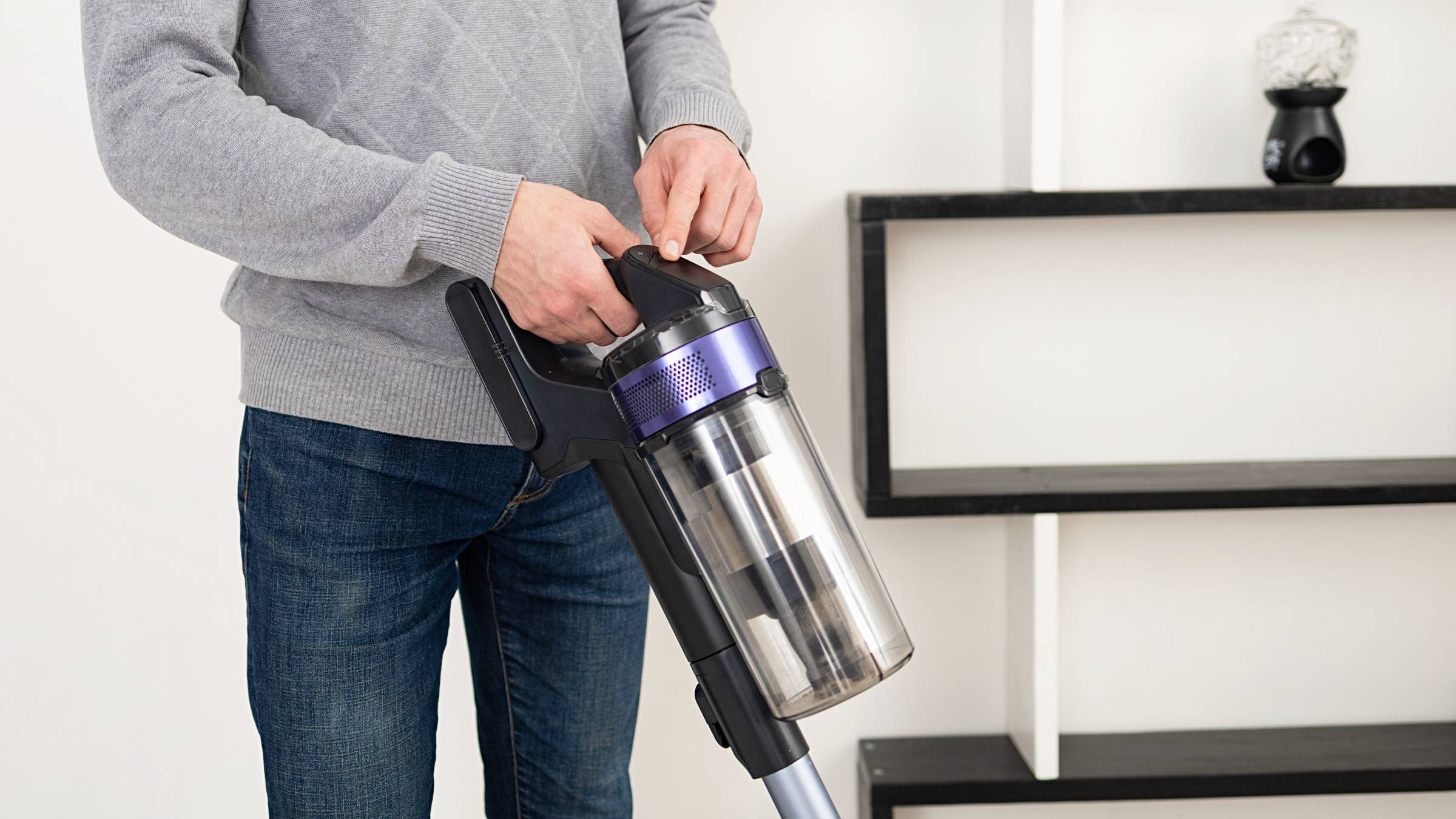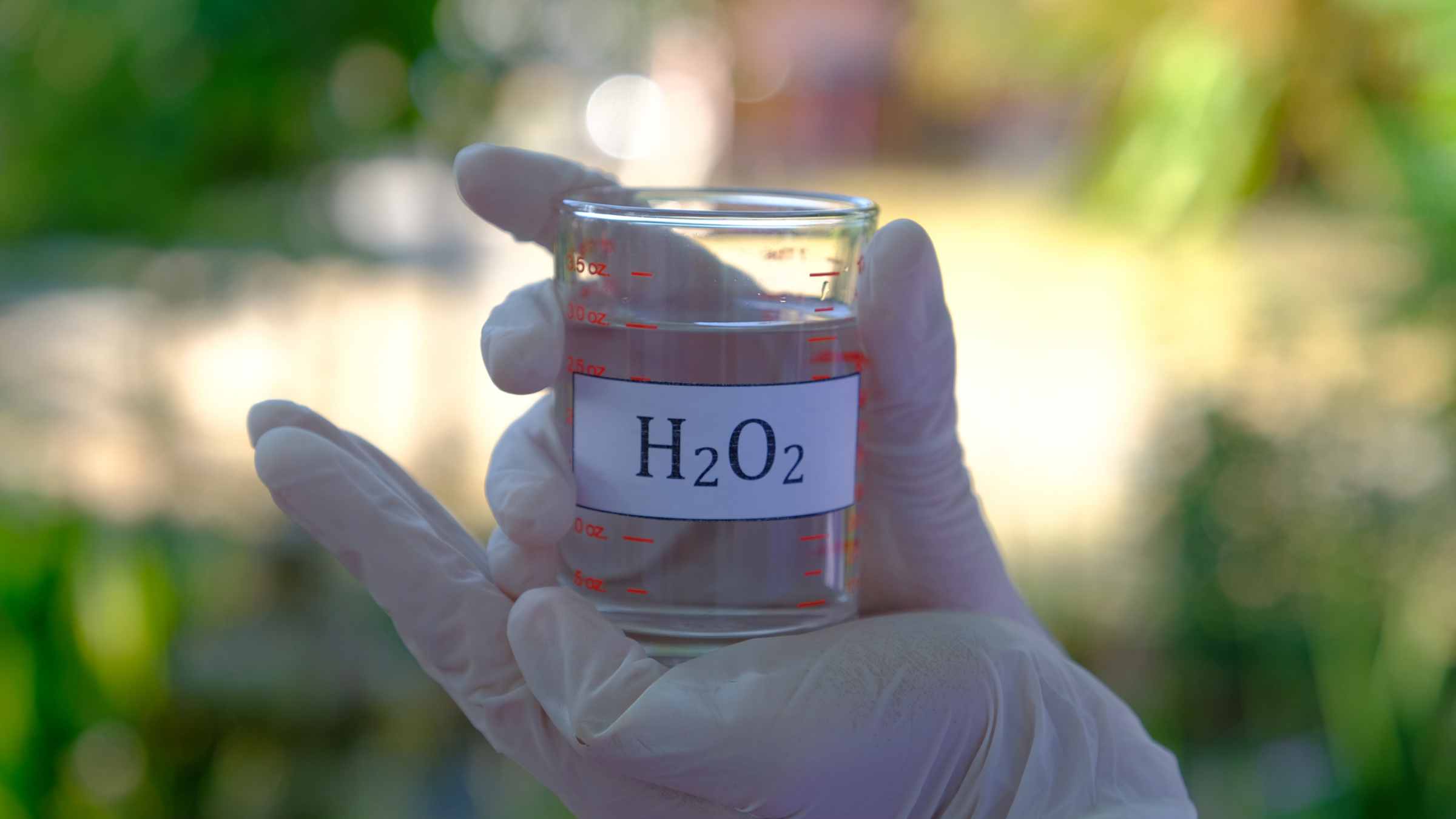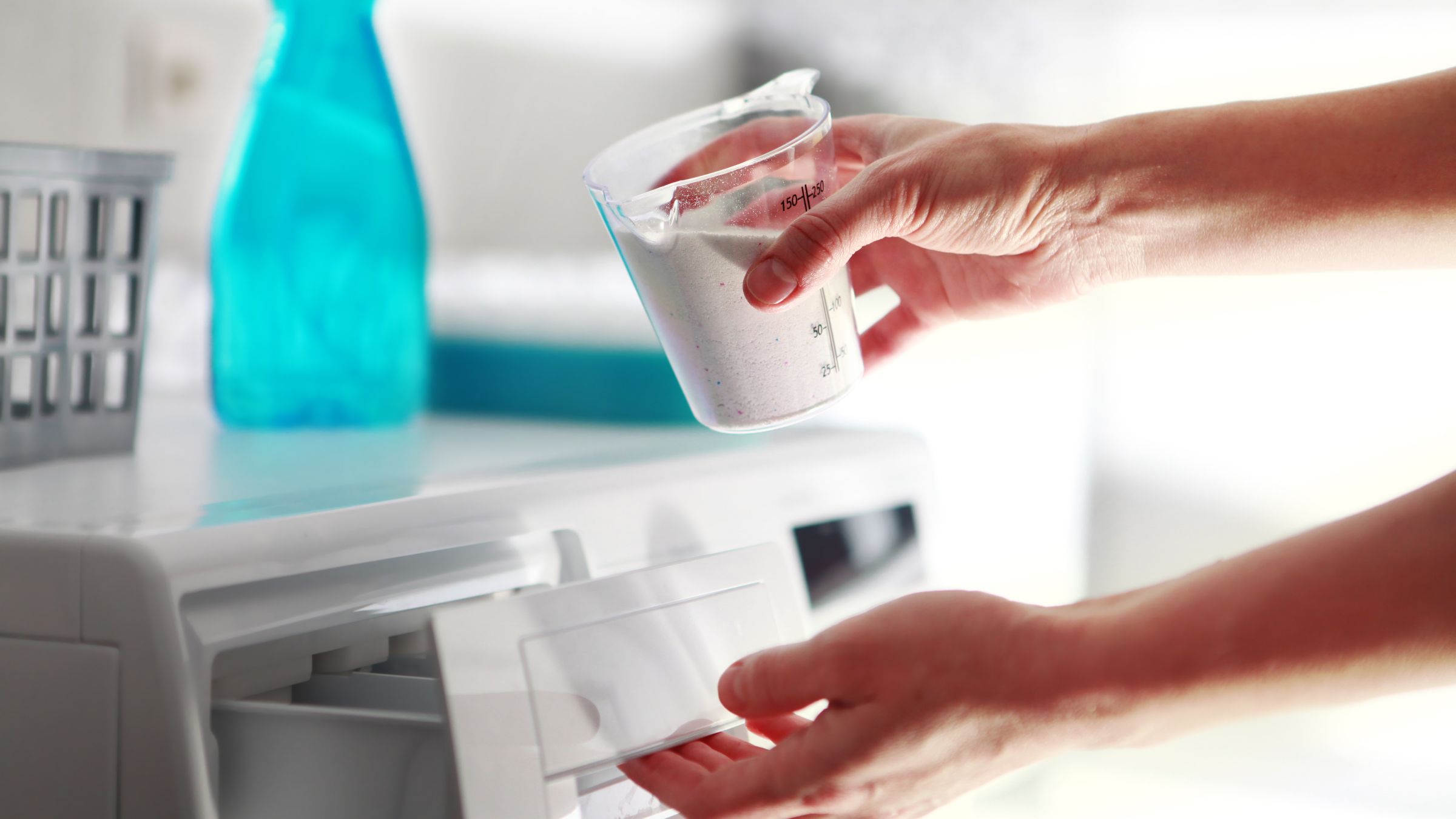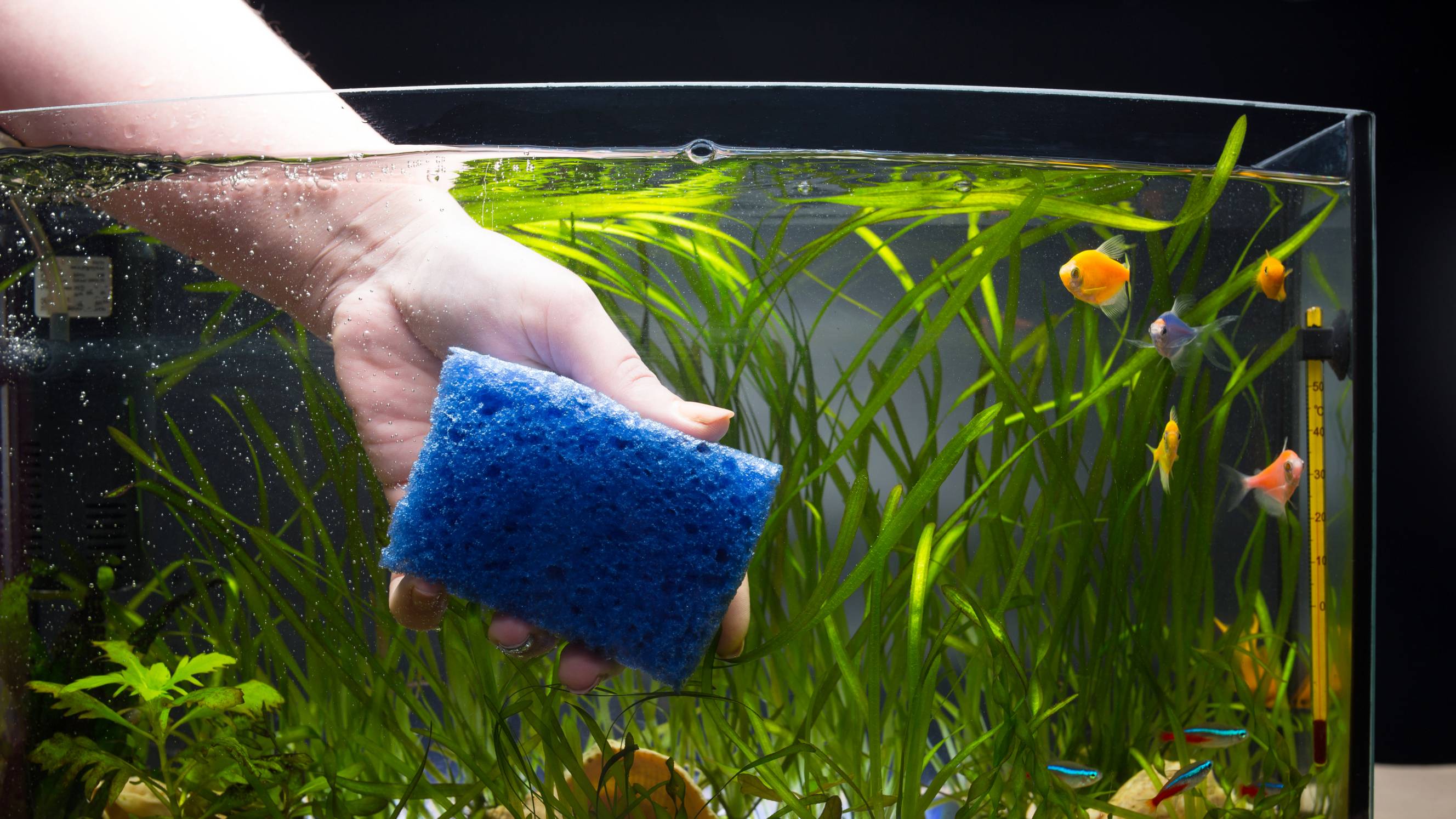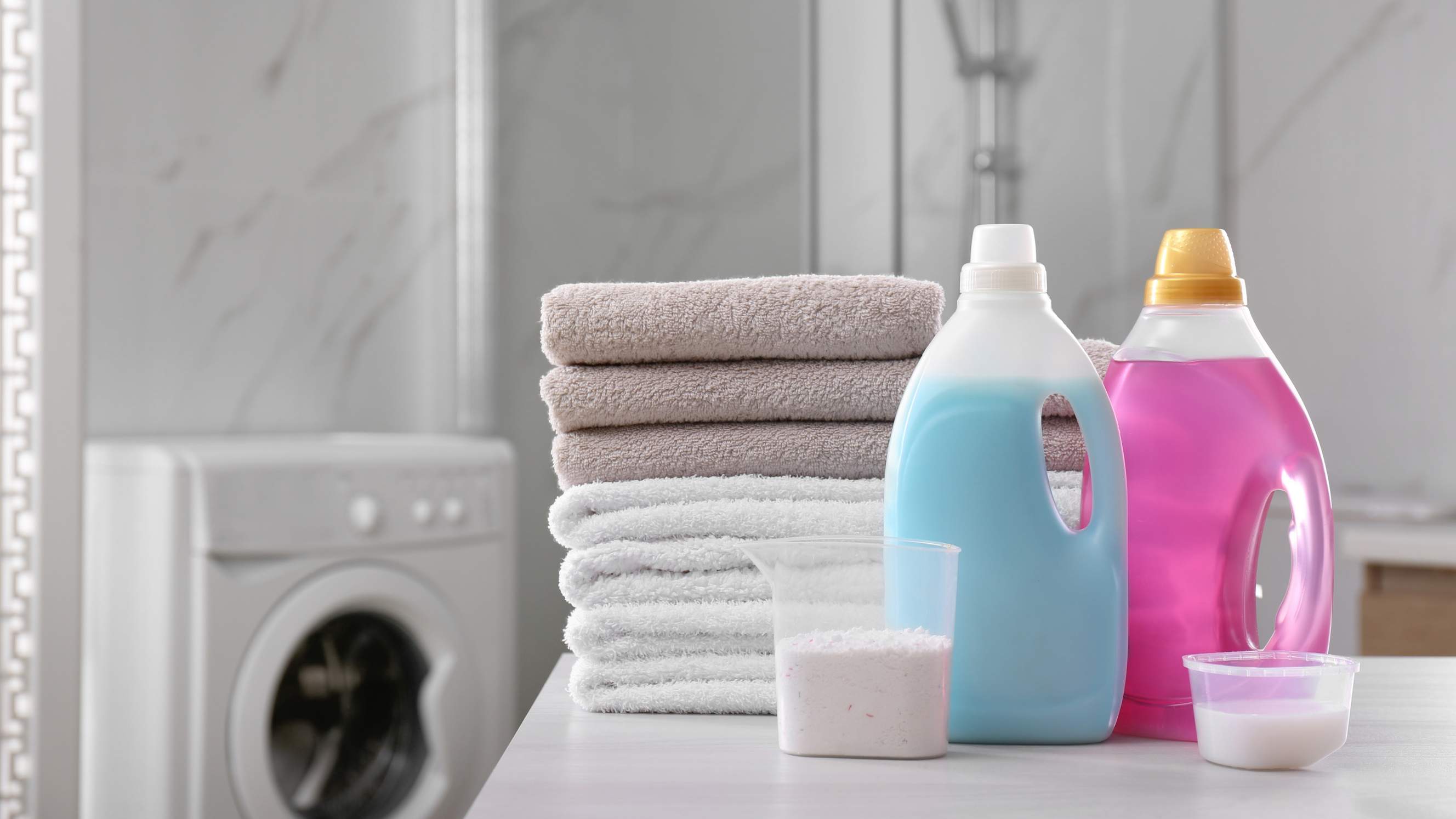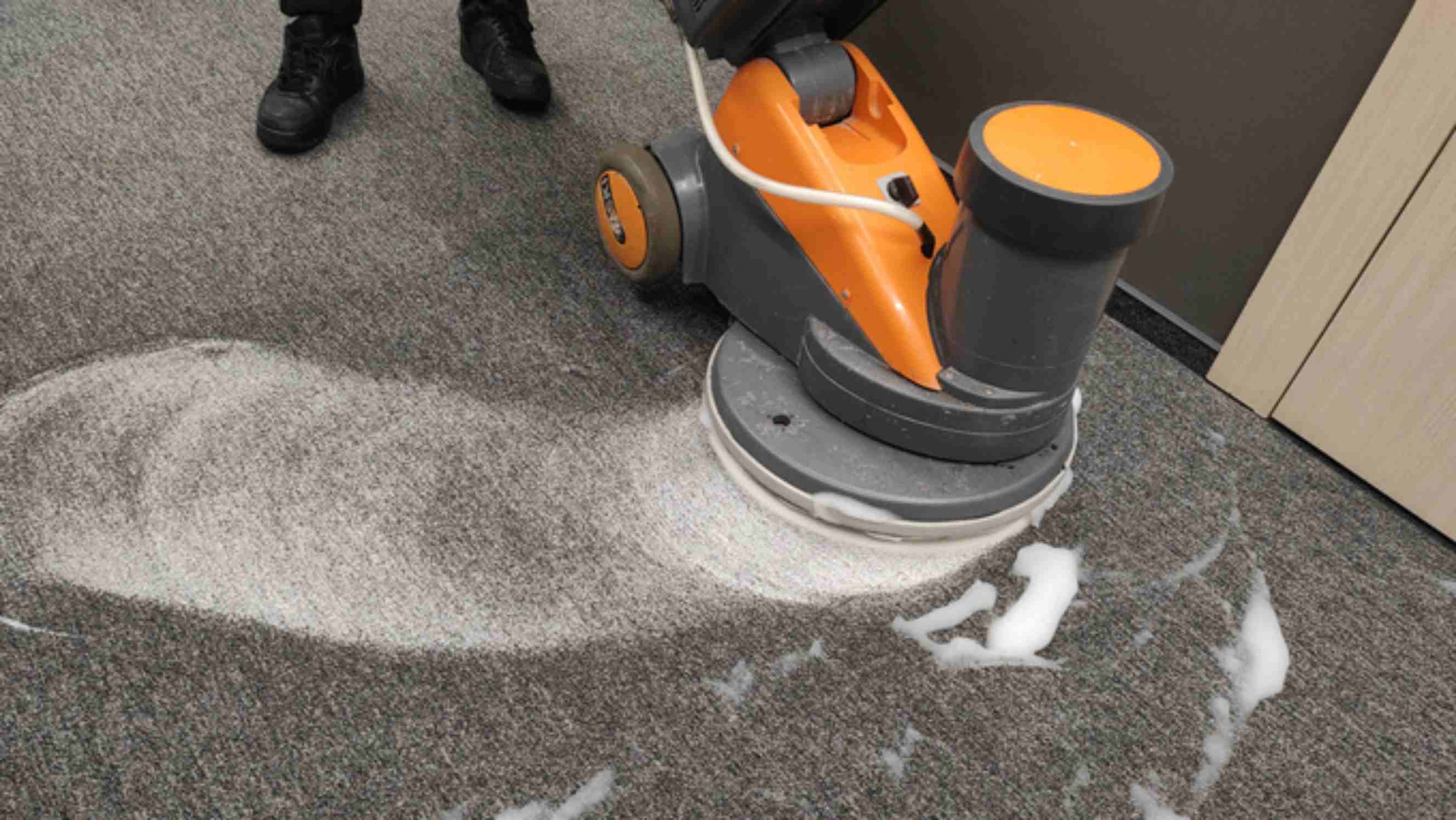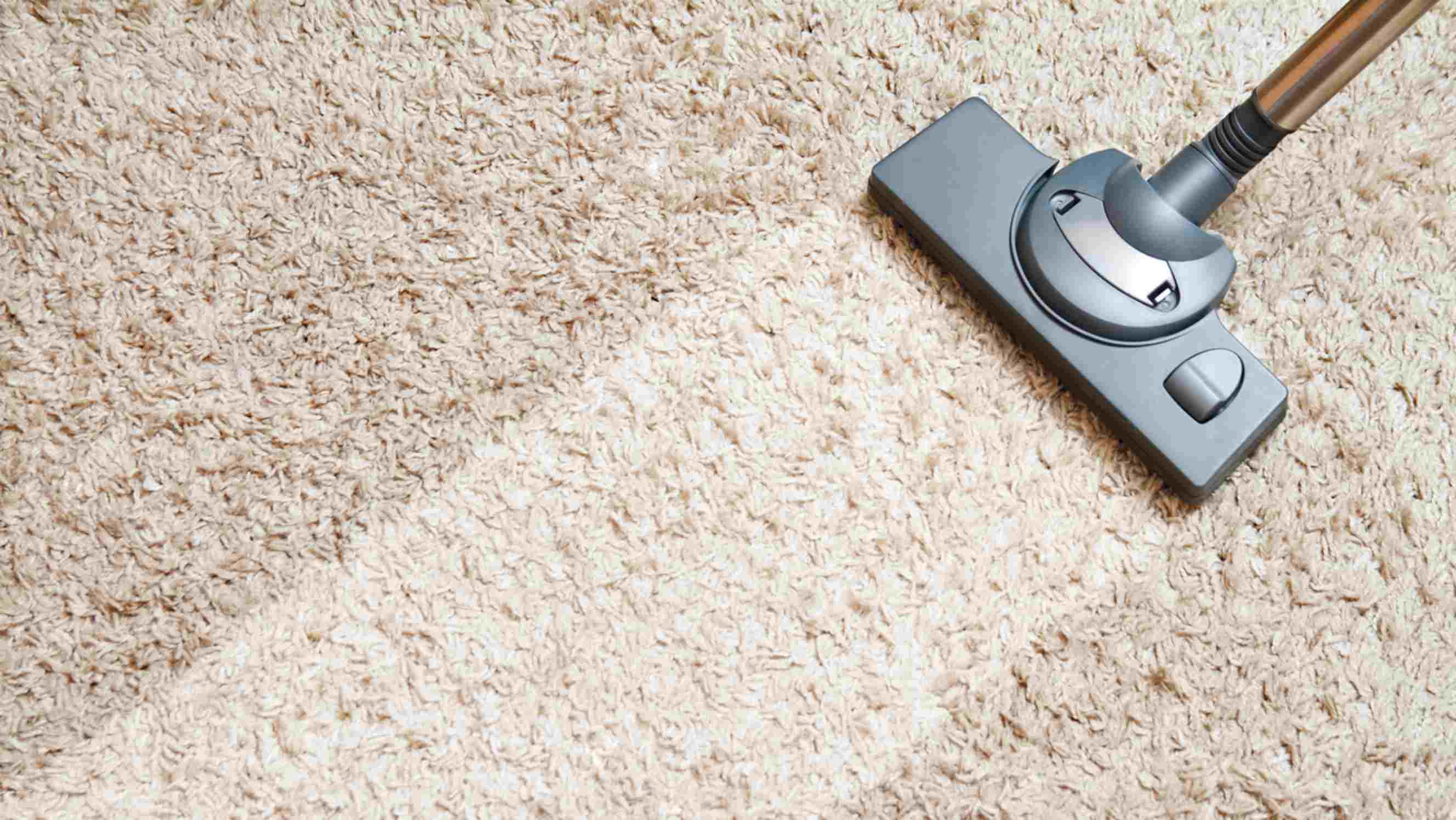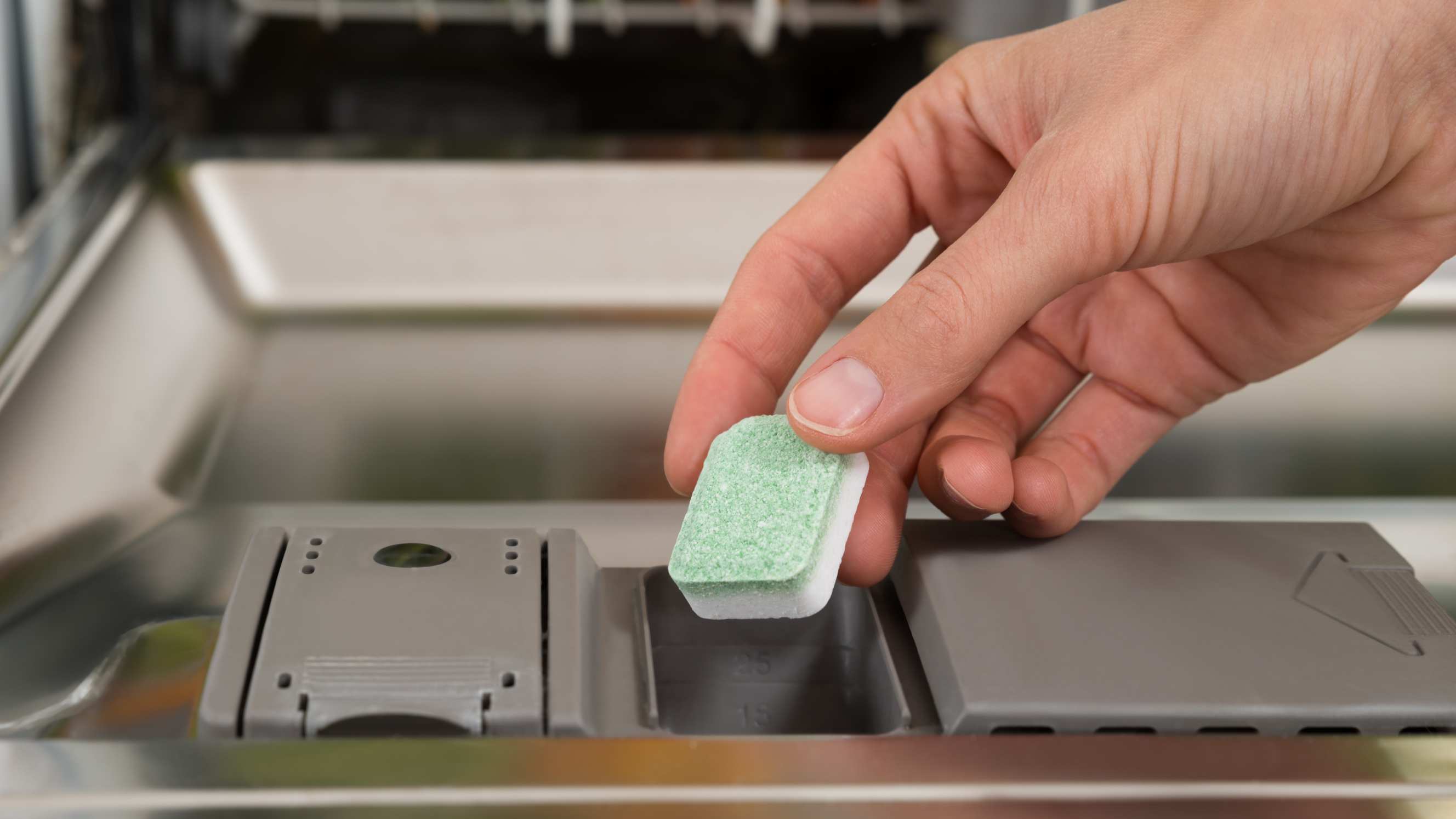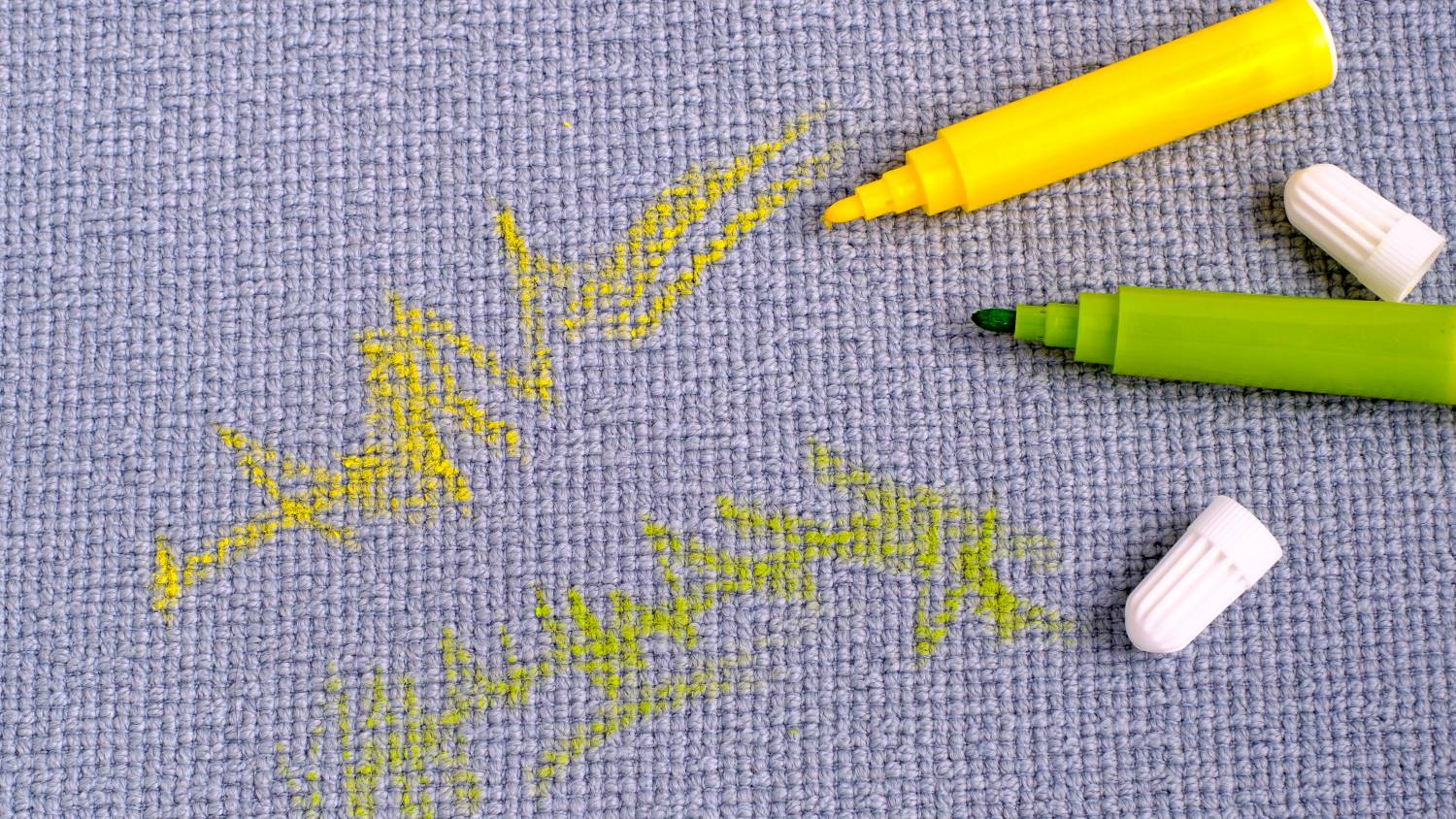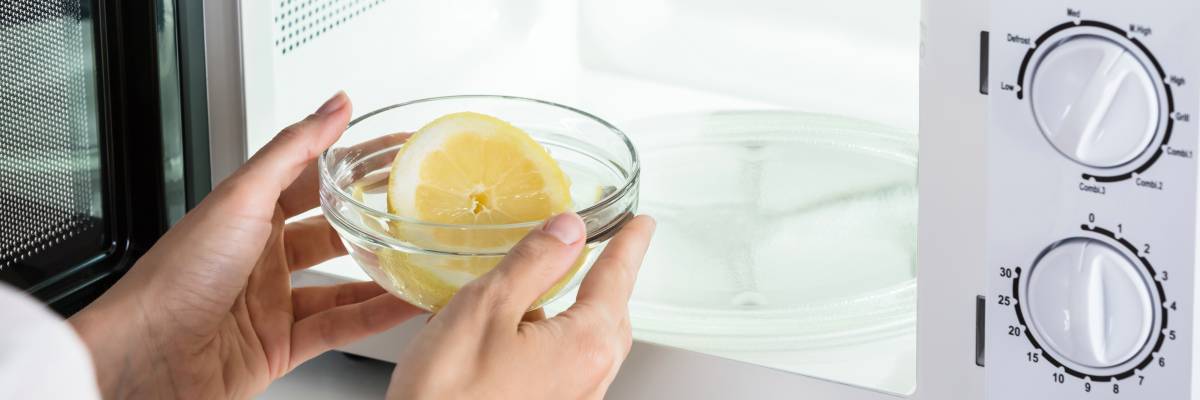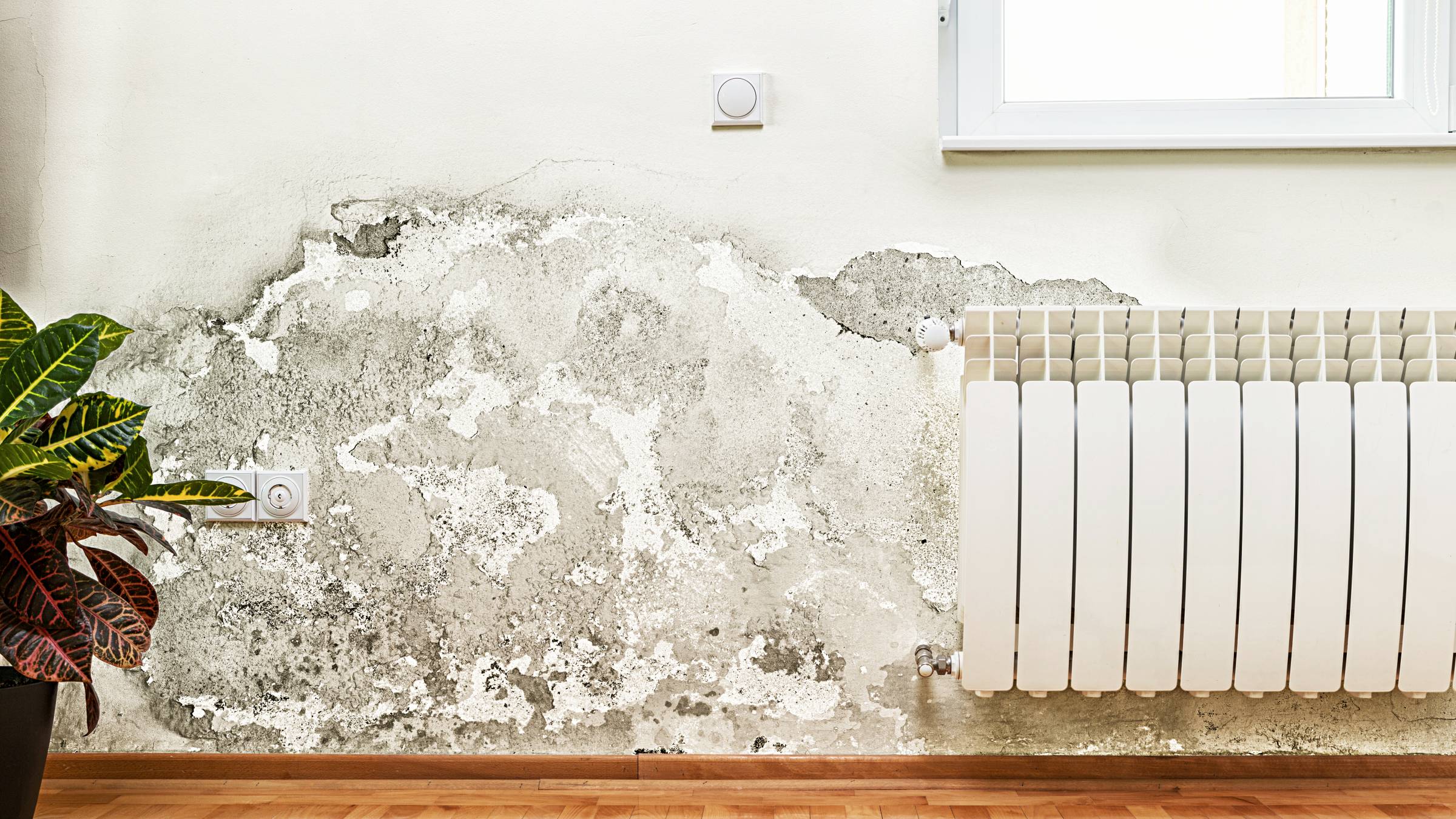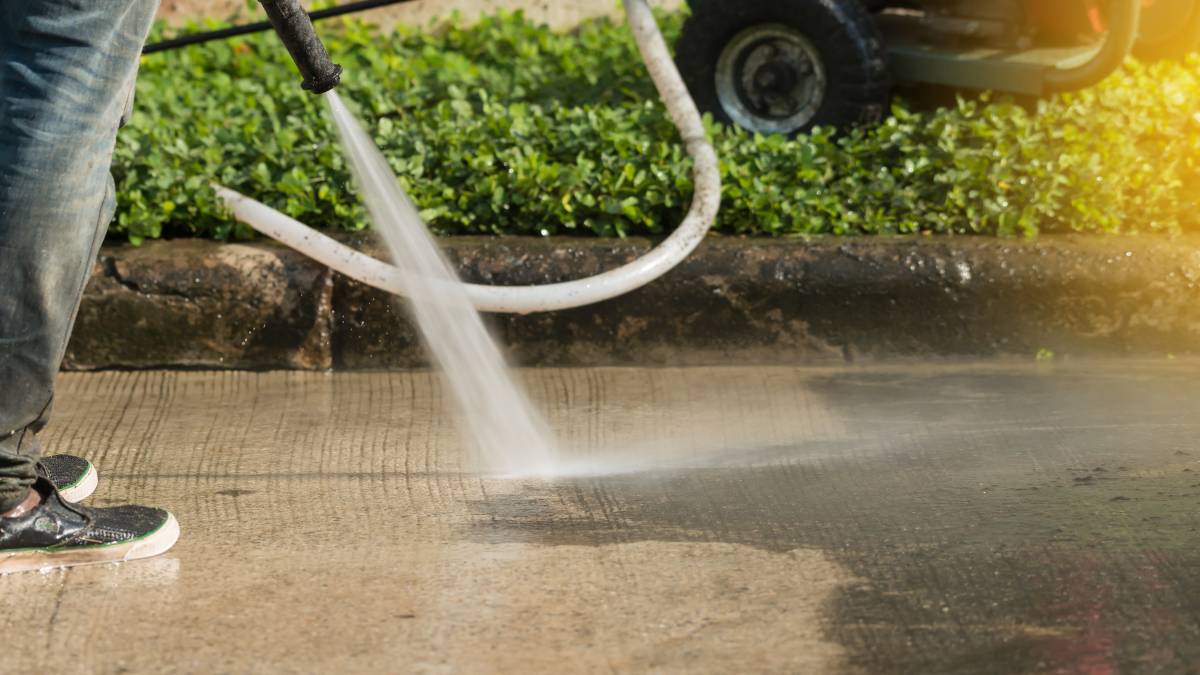- Home/
- Comparisons/
- Cleaning/
- Powder vs Liquid Detergent
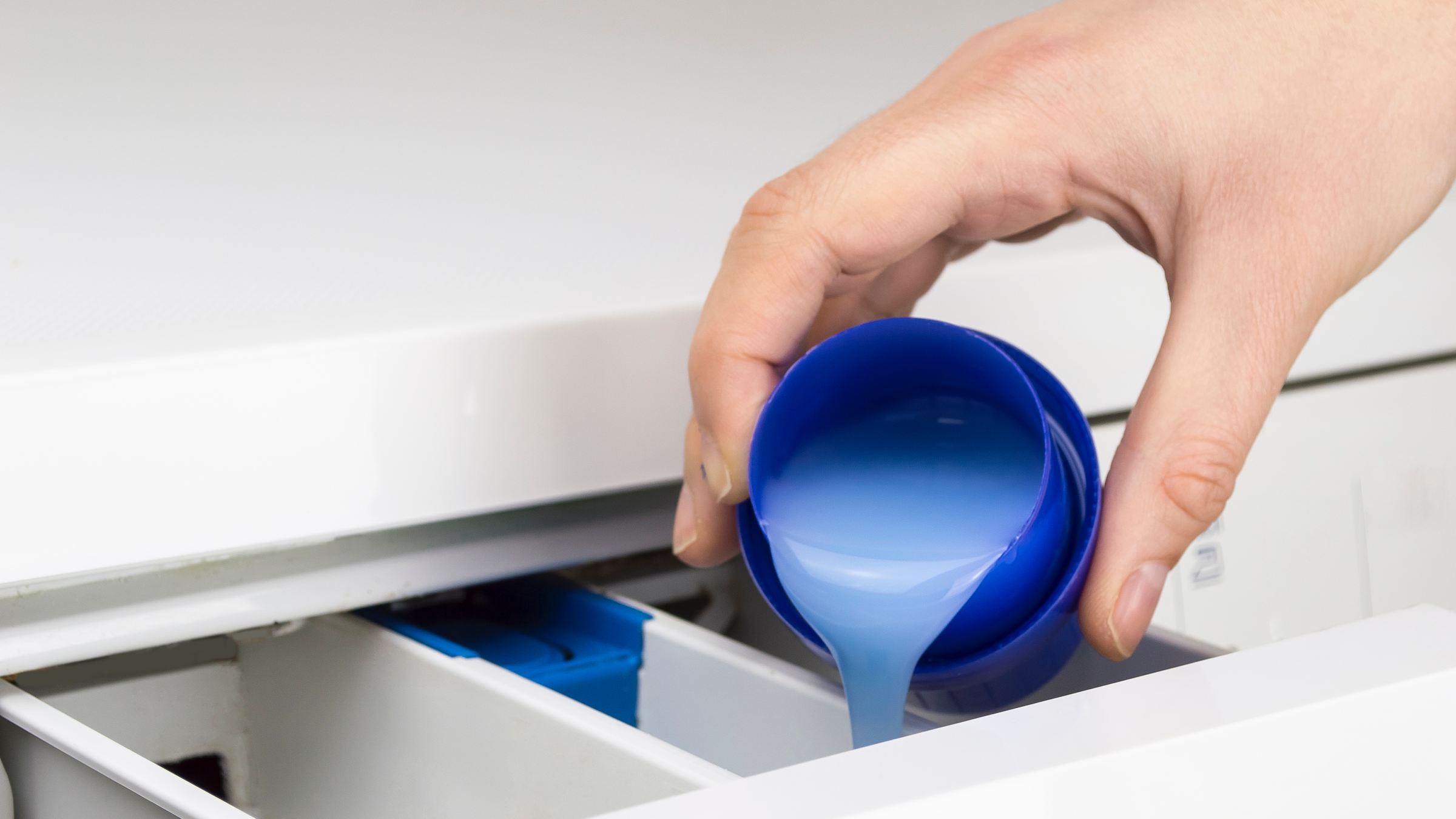
Powder vs liquid detergent: Which is better for laundry?
Comparing powder and liquid detergents based on their cleaning abilities, stain removal, cost, and more.
Hire a cleaning expertLast Updated on
Key Facts
Powder detergent is derived from crude oil and sulfuric acid. It contains surfactant molecules and additives, which are effective for cleaning and removing stains.
Liquid detergent is manufactured by mixing dry laundry powder with water and solubilisers. It also contains surfactants that help clean clothes.
Having a consistent weekly laundry routine brings a lot of benefits. You’ll feel comfortable and confident wearing your freshly laundered clothes. Plus, it helps clothes last longer! However, it’s important to remember that choosing the right type of laundry detergent is crucial to ensure your garments stay fresh and spotless.
In this powder vs liquid detergent guide, we’ll determine which detergent suits your laundry needs to keep clothes pristine.
What is powder detergent?
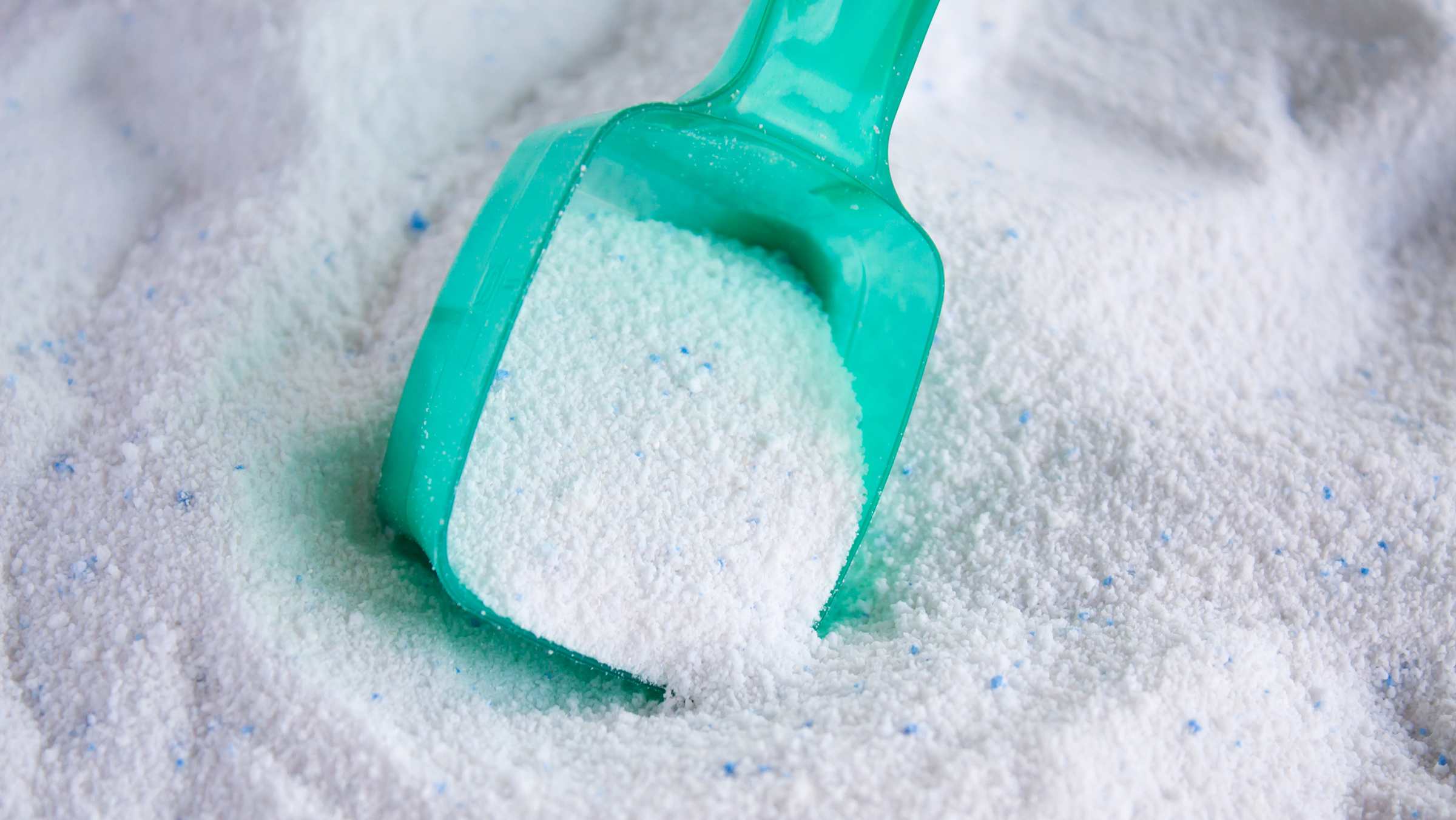 From the name itself, powder detergent is a detergent in powder form. It is made by mixing crude oil and sulfuric acid, producing surfactant molecules. These molecules are responsible for powder detergents’ cleaning power and stain removal effects. You can also find some other ingredients in powder detergents, including:
From the name itself, powder detergent is a detergent in powder form. It is made by mixing crude oil and sulfuric acid, producing surfactant molecules. These molecules are responsible for powder detergents’ cleaning power and stain removal effects. You can also find some other ingredients in powder detergents, including:
Builders - for enhancing the cleaning power of surfactants in hard water.
Alkalies - for boosting the stain removal effects of powder detergents.
Anti-redeposition agents - for stopping dirt from going back onto clothes while washing.
Laundry enzymes - for boosting the cleaning effects of powder detergents when washing in cold water.
What is liquid detergent?
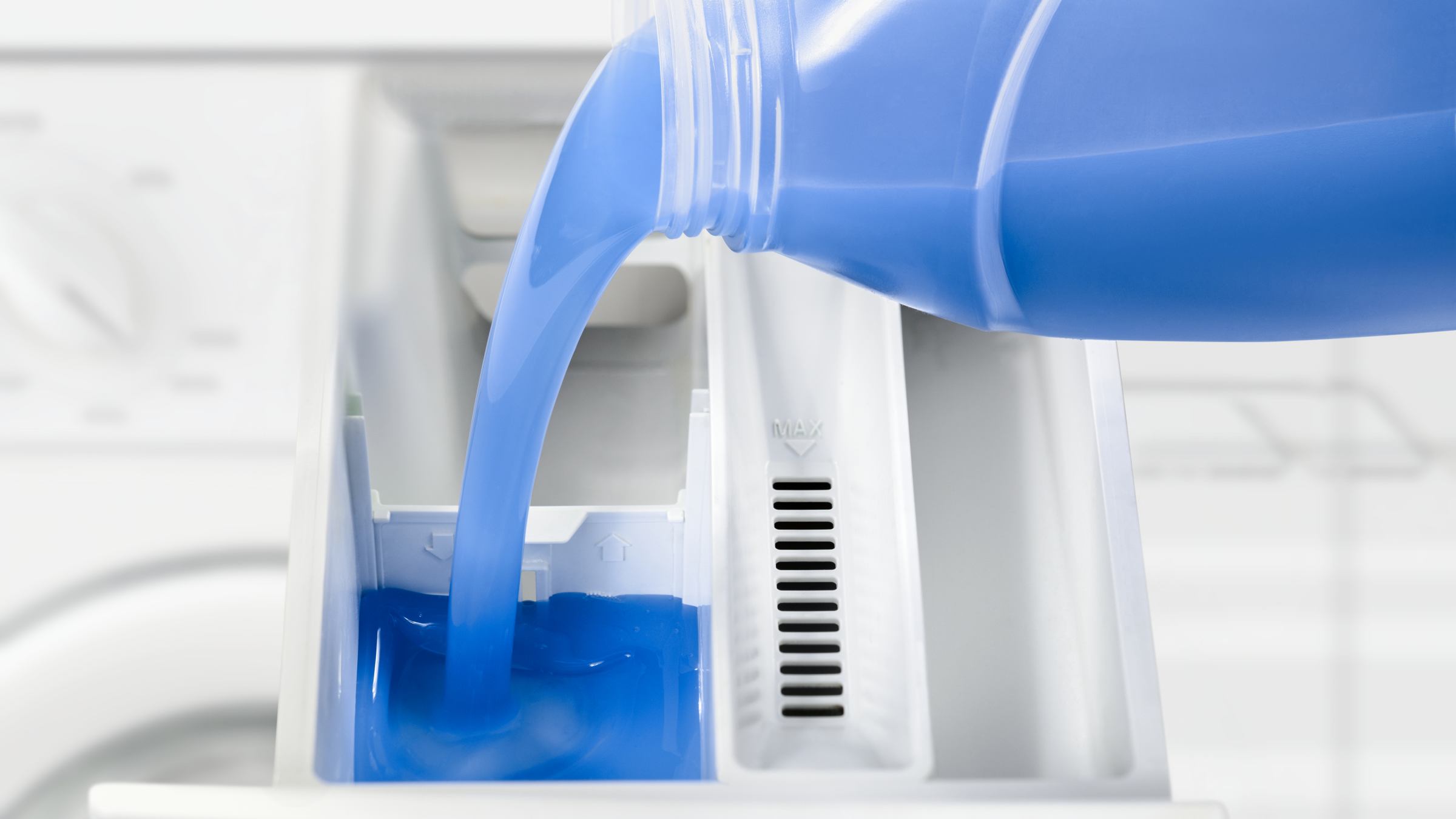 Liquid detergent is a cleaning product made from petroleum and gas, also known as petrochemicals. The manufacturing process of liquid laundry detergent involves mixing dry laundry powder with water and solubilisers or chemicals that aid in dissolving powder detergent.
Liquid detergent is a cleaning product made from petroleum and gas, also known as petrochemicals. The manufacturing process of liquid laundry detergent involves mixing dry laundry powder with water and solubilisers or chemicals that aid in dissolving powder detergent.
Like washing powder, this detergent also contains wetting agents or surfactants. They help the liquid cleaning formula to spread and soak into surfaces better.
Liquid vs powder washing detergent: Which is the better choice for laundry?
Learn more about the distinct qualities and effectiveness of powder vs liquid laundry detergent as we compare each detergent based on different factors.
In terms of cleaning ability
Powder detergent has a high pH level. When mixed with water, it creates an alkaline solution that helps clean off mud, dirt, and debris in your heavily soiled clothes. One downside of using washing powder is it leaves white flakes or streaks on clothes if you frequently wash them in cold water.
Meanwhile, liquid laundry detergent is great for those who live in hard water areas. This is because liquid detergents contain water-softening agents that help prevent the minerals in hard water from reacting with the liquid cleaning formula. In simpler terms, liquid detergents help reduce soap scum and film on clothes.
Another advantage of liquid detergents is that they readily dissolve in all water temperatures. On the contrary, you must still use hot water when washing clothes with powder detergent to maximise its cleaning power.
In terms of ease of use
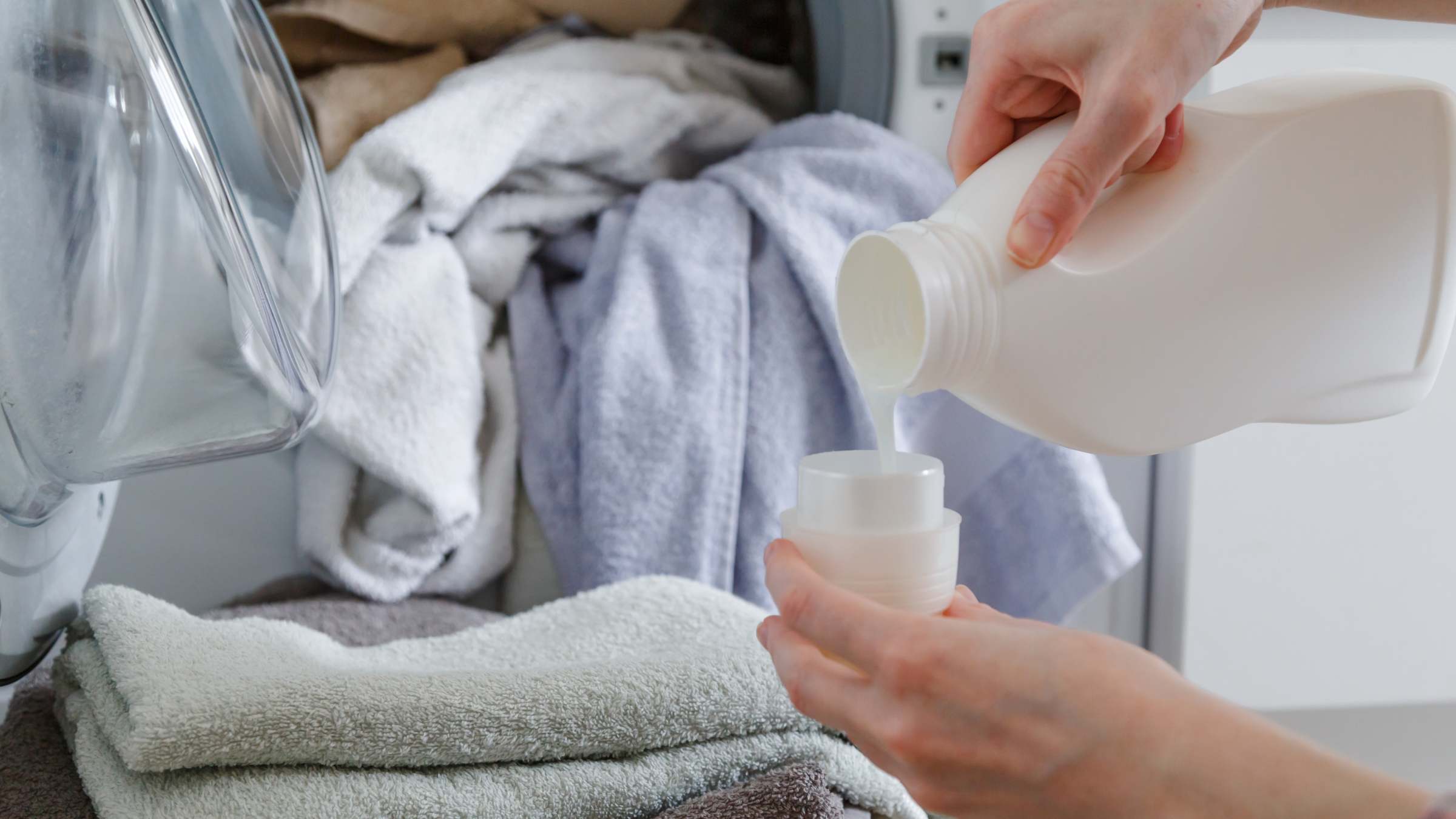 Both detergents are convenient to use since powder detergent comes with scoops, while liquid detergent comes with measuring cups.
Both detergents are convenient to use since powder detergent comes with scoops, while liquid detergent comes with measuring cups.
However, washing powder can be messier when dispensing into washing machines. Another disadvantage of washing powder products is that they easily clump in hot and humid areas. This happens because the water molecules in humid air bind and glue the particles in powder. You must first dissolve the powder in hot water to ensure it mixes well with cold water.
Meanwhile, liquid detergent is easier to use because it contains water-soluble ingredients that help the liquid solution dissolve better in cold water and penetrate fabrics. This is much more convenient than washing with washing powder since you can use it straight from the bottle without the need to dissolve it first.
In terms of environmental impact
More people are adopting an eco-conscious shopping behaviour, so environmentally friendly products are in demand more than ever. And when it comes to laundry detergents, washing powder is more sustainable than liquid detergents because most brands use easily recyclable cardboard boxes as packaging.
In addition, washing powder has stable ingredients, so it has a longer shelf life than liquid laundry detergent. This helps reduce the risk of wasting your laundry detergent. Though, make sure to store it in a cool place to prevent the powder from clumping!
On the other hand, liquid detergent is less sustainable because it contains more complex chemicals to stabilise its liquid form. But the good thing about using liquid detergent is that it can help save you energy because it remains effective even when running the washing machine on a cold wash.
In terms of colour compatibility
 Powder laundry detergent is suitable for washing white loads. Some washing powder brands even contain bleach that can help brighten and remove dirt in white clothes.
Powder laundry detergent is suitable for washing white loads. Some washing powder brands even contain bleach that can help brighten and remove dirt in white clothes.
For coloured clothes, linens, and bedding, liquid laundry detergent is much better. It doesn’t contain brightening agents that can cause colour fading. Moreover, liquid detergent provides a gentler clean because you can use it with cold water.
In terms of stain removal
Powder detergents, like bio-washing powder, contain enzymes that can break down tough stains. This includes removing mud and grass stains in your heavily soiled clothes.
Meanwhile, liquid detergents, whether bio or non-bio, can help remove oil and grease stains. Their formula includes alcohol ethoxylates, which allows the liquid detergent to mix oil with water. This ingredient also helps liquid detergent to spread evenly on surfaces, making it great for pre-treating stains.
However, if stains are still apparent after washing, hire some laundry experts to help you. They can ensure your white and coloured clothes stay spotless after washing!
In terms of cost
 Washing powder is generally more affordable than liquid laundry detergent because it usually comes in cardboard packaging, which costs less. Plus, we mentioned earlier how they have a more extended shelf. Unless exposed to moisture, they don’t expire quickly and have a shelf life of up to 9 months.
Washing powder is generally more affordable than liquid laundry detergent because it usually comes in cardboard packaging, which costs less. Plus, we mentioned earlier how they have a more extended shelf. Unless exposed to moisture, they don’t expire quickly and have a shelf life of up to 9 months.
Conversely, liquid laundry detergents degrade faster, and you can easily overuse them. This might lead to higher costs if you don’t measure properly.
Effortlessly handle your laundry load with Airtasker
 Doing your laundry every week can sometimes be daunting because every time you finish a load, a new pile of dirty clothes awaits you. Let cleaning experts at Airtasker do the laundry for you. They can help wash your clothes more efficiently as they have the knowledge and expertise to choose the right type of laundry detergent for any fabric and material.
Doing your laundry every week can sometimes be daunting because every time you finish a load, a new pile of dirty clothes awaits you. Let cleaning experts at Airtasker do the laundry for you. They can help wash your clothes more efficiently as they have the knowledge and expertise to choose the right type of laundry detergent for any fabric and material.
Powder vs liquid detergent
| Powder Detergent |
Liquid Detergent |
|
| Cleaning Ability |
High pH level aids in cleaning heavily soiled clothes; leaves white flakes in cold water |
Contains water-softening agents; suitable for hard water areas |
| Ease of Use |
Messy dispensing; easily clumps in humid areas |
Dissolves readily in cold water |
| Environmental Impact |
Sustainable packaging; longer shelf life |
Less eco-friendly due to having complex chemicals |
| Colour Compatibility |
Suitable for whites; contains bleach |
Suitable for coloured clothes; offers gentle clean |
| Cost |
More affordable upfront |
Costs more because it degrades faster and possible overuse |
FAQs on powder and liquid detergent
Yes, because powdered laundry detergent can clump together and leave a residue. This can affect the washing machine’s performance because the powder residue can block the pumps. So, whether you have a top-load or a front-load washing machine, you should always dissolve the powder first with warm water before adding it to washing machines.
No, it’s not okay to mix both laundry detergents because each has different ingredients and chemical formulas. The ingredients of a powdered detergent might not be compatible with the liquid laundry detergent, which can affect their cleaning effectiveness.
Yes, powder laundry detergent can clog pipes. This is because it can form soap and scum buildup, causing the pipes to clog. One way to prevent this is to use only the right amount of powder detergent when washing clothes. Avoid also using liquid or powder detergent when cleaning the washing machine.
No, detergent and fabric conditioner are not the same. Detergent is used to clean clothes, while fabric conditioner is used to soften them.
Find cleaners, fast
Post a task
Related articles

How to clean Venetian blinds
Read more
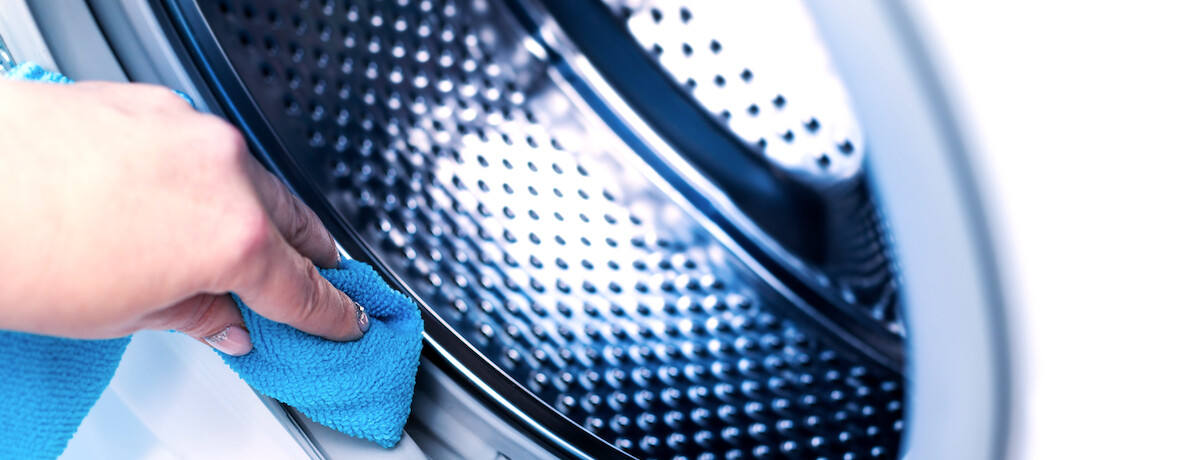
How to best clean a washing machine
Read more

How to clean leather couch at home
Read more

How to get a cleaning certification
Read more

How to get more cleaning jobs
Read more

How to price cleaning jobs
Read more

How to become a housekeeper
Read more

How to clean a duster
Read more

How to get rid of dust in your home
Read more

How to keep your desk dust-free
Read more
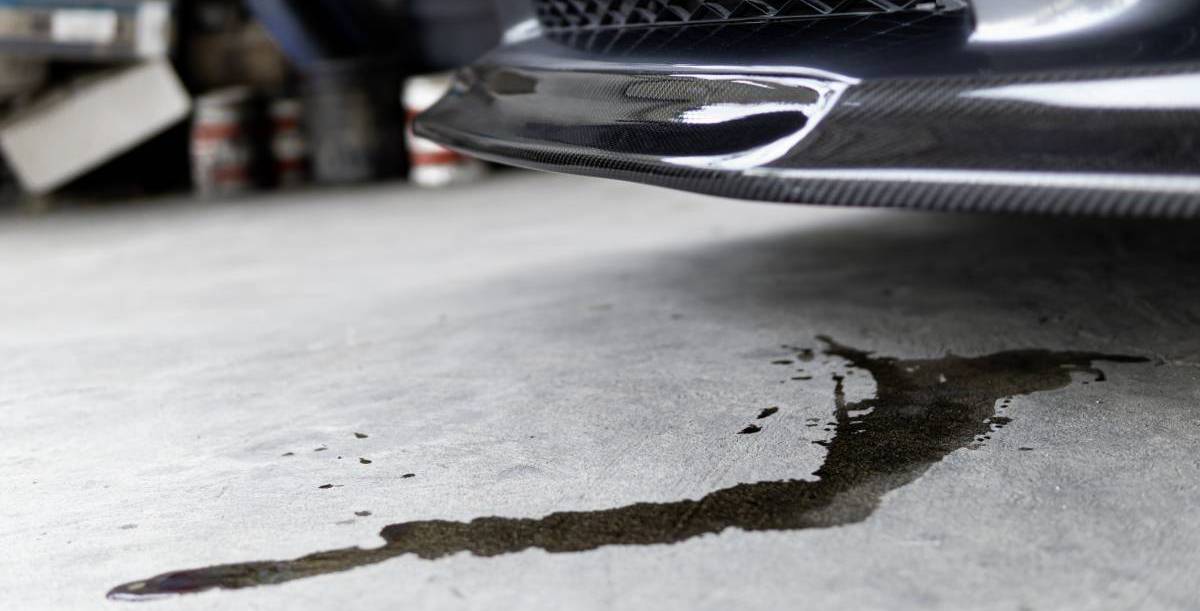
How to clean a garage floor
Read more

End of tenancy cleaning checklist
Read more

The ultimate spring cleaning checklist
Read more
Related price guides

How much does tile cleaning cost?
Read more
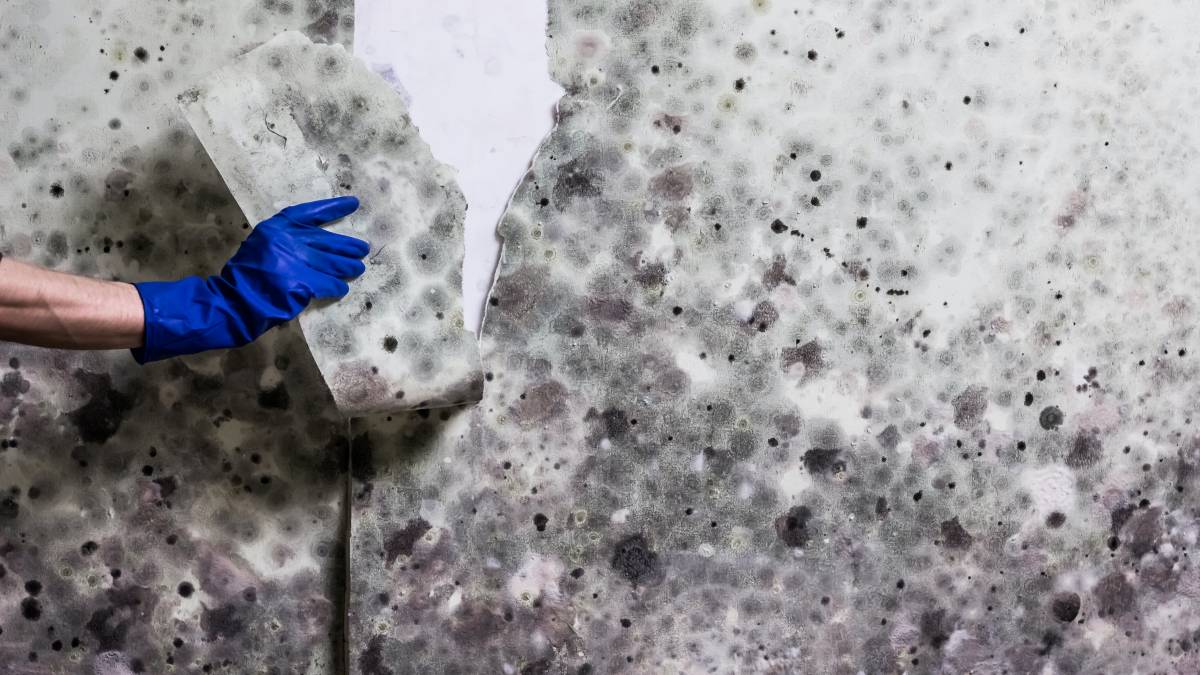
How much does mould removal cost?
Read more

How much does oven cleaning cost?
Read more

How much does a cleaner cost?
Read more

How much does attic cleaning cost?
Read more

How much does office cleaning cost?
Read more

How much does floor cleaning cost?
Read more

How much does blind cleaning cost?
Read more
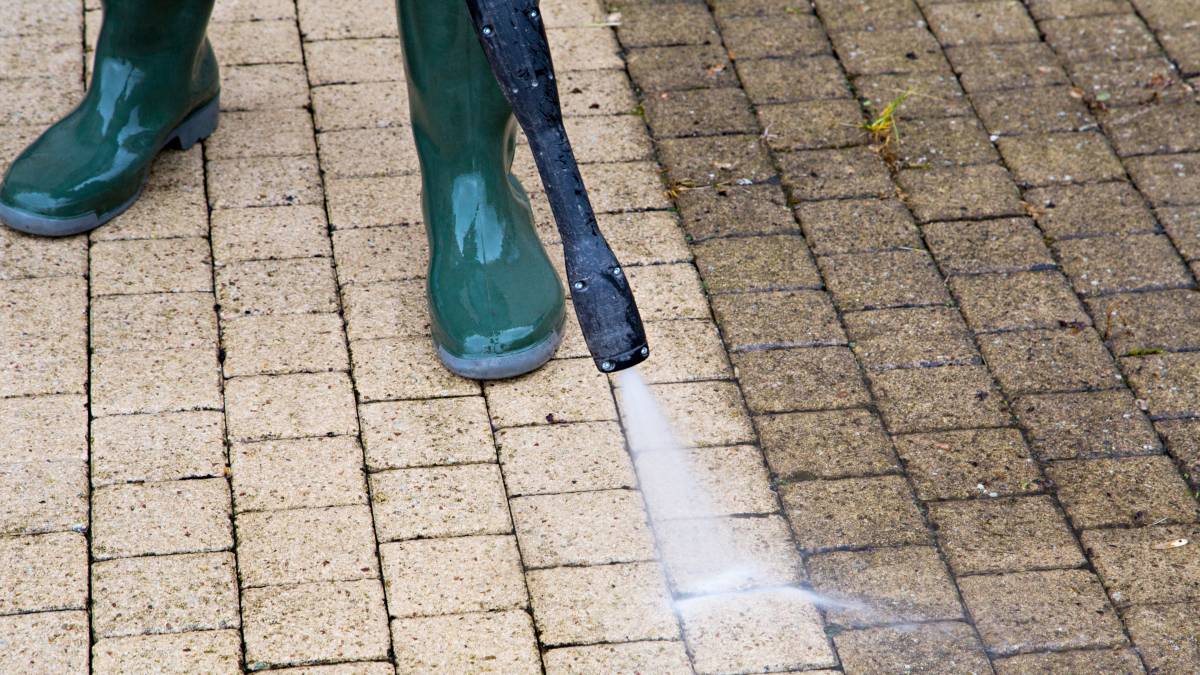
How much does pressure washing cost?
Read more

How much does brick cleaning cost?
Read more

How much does sofa cleaning cost?
Read more

How much does patio cleaning cost?
Read more
